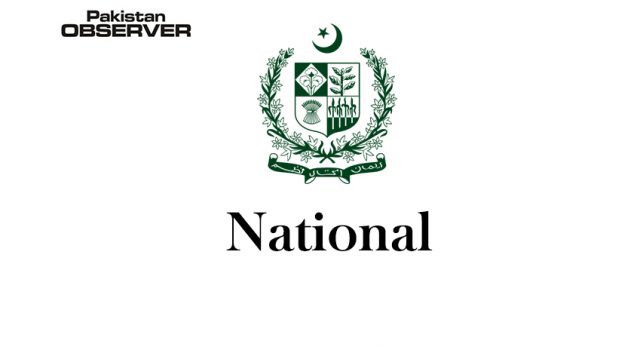Staff Reporter
Peshawar
The international experts have warned that the fast changing climate was posing threat to Hindu Kusch Himalaya and called for coordinated action to save the 800-kilometer long mountainous range that stretches through Afghanistan, from its center to Northern Pakistan and into Tajikistan.
They were speaking at an international session titled ‘The HKH call to action – maintaining the ‘pulse of the planet’ at the ‘GLF Biodiversity Digital Conference: One World – One Health’ organized by the Global Landscapes Forum in Kathmandu, Nepal and hosted by International Center for Integrated Mountain Development (ICIMOD), said a press release issued here.
The experts included Dr Mehjabeen Abidi-Habib, Ecologist and Writer from Pakistan; Dr Sarala Khaling, Regional Director, Ashoka Trust for Research in Ecology and Environment, Eastern Himalaya Programme, India; Dr Fu Yao, Kunming Institute of Botany, China; Sonam Tashi Lama, Red Panda Network, Nepal; and, Jamyang Dolkar, Sherubtse College, Royal University of Bhutan. They said Hindu Kusch Himalaya is referred to as the ‘pulse of the planet’ since changes to its cryosphere and biodiversity are a barometer of climate and environmental change across the world. It is a key global asset, sustaining the lives and livelihoods of nearly 2 billion people.
The session aimed to highlight the links between biodiversity, landscapes, culture, and health in a post-COVID ‘new normal’. One of the objectives was also to draw attention to the environmental, socio-cultural, and economic value of the HKH region and the challenges presented by climate and other changes. The conference hosted six plenaries, 23 sessions, and over 200 speakers this year, to discuss global challenges related to biodiversity, ecosystem restoration, and public health.
Speaking at the session, Dr Pema Gyamtsho, Director General, ICIMOD, highlighted the uniqueness of the HKH, particularly its rich bio-cultural diversity.










